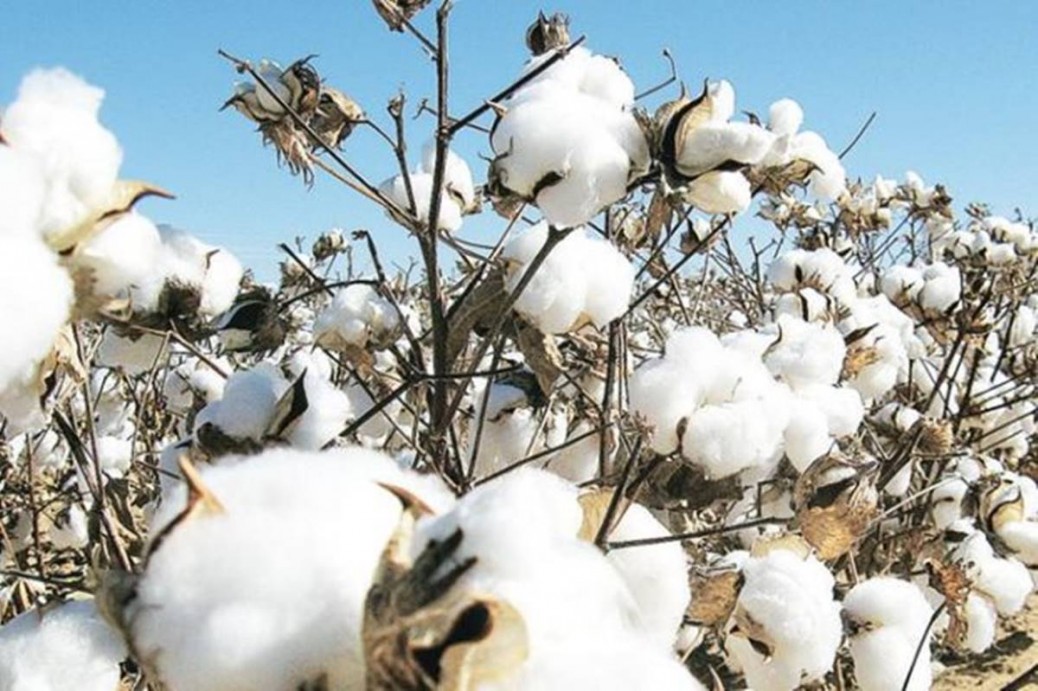Learning
Cotton is a promise of wealth and well being in your life.
What is wealth? This is a good question in light of the current debate over wealth, income, and economic inequality. Politicians from both sides are arguing for their particular viewpoint of the situation. This is an issue that the economic developer must work to understand in order to determine his/her role in addressing it. One critical element to understanding the issues is to understand what wealth is.
There are many and, often conflicting, definitions of wealth. The most common is that wealth is the value (expressed in monetary terms) of all the possessions (assets) one owns. This would include houses, cars, boats, stocks, bonds, jewelry, businesses, etc. There is, however, a more commonsense definition by Robert Kiyosaki in his famous book Rich Dad Poor Dad (1998; Warner Books). He defined wealth as the accumulation of income producing assets. Assets that don’t create an income such as house, cars, jewelry, etc. are not income producing and actually consume income in operating and maintenance expenses. At best, these are only a store of income producing value, but take income to maintain. The trick to increased economic wellbeing is to collect assets that produce an income such as stocks, bonds, rental property, businesses, etc. But, there is more to consider.
Assets can fall into two categories, tangible and intangible. All that have been mentioned so far are tangible. The primary intangible asset consists of human creativity, energy, and ambition. In fact, most people rely heavily on this asset to produce income which can be converted into tangible income producing assets. People work for others and/or themselves using their creativity, energy, and ambition to produce income. The amount of income is positively correlated to the value they produce by their efforts. The more value they produce, the more income they receive. Value of one’s efforts is also positively correlated to his/her education and ability. The better educated one becomes and the more ability one possesses normally corresponds to larger incomes. Larger incomes lead to the accumulation of more income producing tangible assets.
The accumulation of tangible income producing assets also has one other big advantage. They will produce an income even if you can’t work. This provides security for yourself and your family.
What does all of this mean for the economic developer? That’s a good question. For starters, ensuring a quality education is available for all is critical. Remember, you can’t give someone a good education. It takes hard work and effort on the student’s part, but you can ensure that a quality education is available. Providing a supportive business environment can help firms grow. Growing firms mean more wages to the employee and more return for the owners. In fact, it really means maximizing the value of human effort of both employees and owners. Finally, educating everyone about the need to invest primarily in income producing wealth, both tangible and intangible, instead of income consuming assets, gives everyone a solid foundation for improved economic well-being.
Learning from Cotton: Economic Well-Being
Tags: Be Creative Economic Well-Being










